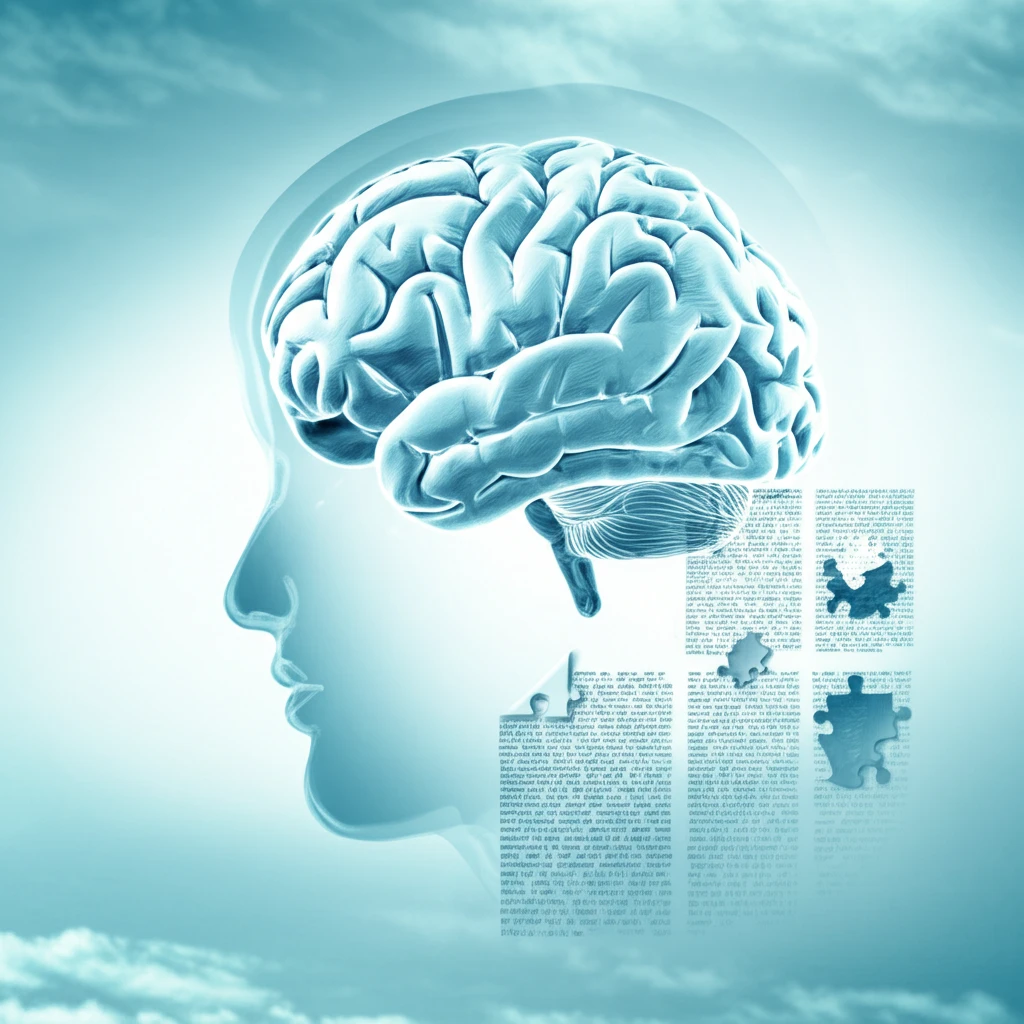
Unlocking Your Brain's Potential: How to Estimate Premorbid Abilities and Understand Your Cognitive Baseline
"Discover effective methods to assess your cognitive health, even without prior records, and learn how these insights can aid in recovery and personal growth."
Imagine knowing your brain's full potential, understanding its capabilities before life's unexpected challenges. Neuropsychological assessment plays a pivotal role in identifying cognitive changes and impairments following an illness or injury. However, accessing data from before such events is rarely possible. This is where the estimation of premorbid abilities becomes invaluable, offering insights into an individual's cognitive baseline.
Premorbid abilities refer to an individual's cognitive capabilities before the onset of illness or injury. Knowing this baseline is crucial because it helps doctors and therapists understand how much change has occurred. Without this baseline, it can be challenging to determine the true extent of cognitive decline or impairment.
This article delves into the methods used to estimate these premorbid abilities. These methods range from clinical estimations based on personal history to standardized assessments using demographic variables and current cognitive performance. Understanding these approaches can empower individuals to better navigate their cognitive health journey, facilitating more targeted and effective rehabilitation strategies.
Methods for Estimating Premorbid Abilities

When neuropsychological data is scarce, clinicians turn to various estimation methods to assess premorbid abilities. These methods are crucial for creating a comprehensive understanding of a patient’s cognitive history.
- Lack of Standardization: Information integration can vary widely.
- Limited Specificity: Broad estimations might not pinpoint specific cognitive strengths.
- Subjectivity: Relies heavily on the clinician’s interpretation, introducing potential bias.
The Future of Cognitive Assessment
Estimating premorbid abilities is an evolving field. As research progresses, new methods and technologies will emerge, offering even more accurate and personalized insights into cognitive health. By staying informed and proactive, individuals can take control of their cognitive well-being, paving the way for a future where cognitive challenges are met with effective and tailored solutions.
